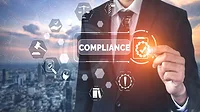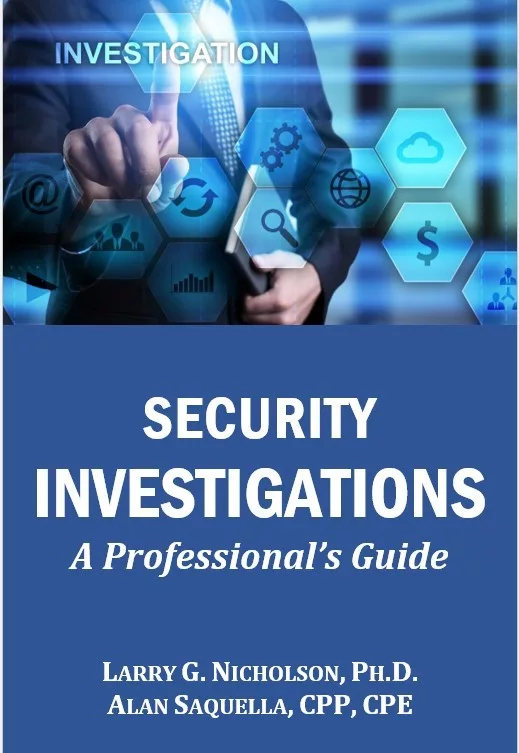A Missed Opportunity for Corporate Security Executives
Under the leadership of Clark Kent Ervin, director of the Aspen Institute’s Homeland Security Group, the inaugural Aspen Security Forum was held during the last week of June at the Institute’s iconic conference center in Aspen, Colo.
The Aspen Institute, an international not-for-profit organization, is world renowned for its leading-edge programs in thought leadership. Its twofold mission is “to foster values-based leadership, encouraging individuals to reflect on the ideals and ideas that define a good society, and to provide a neutral and balanced venue for discussing and acting on critical issues.” To those ends, it has held events across the country and internationally to build leadership and problem solving and to give leaders and the public opportunities to share ideas.
The Security Executive Council immediately recognized the significance of Aspen’s interest in holding a security-focused event. Helping to enhance the profession and professionalism of security is one of the underlying drivers at the core of the Security Executive Council. That’s why the Council partnered with the Aspen Institute to assist them with this first-of-its-kind Aspen Security Forum.
In my more than 35 years of attending educational forums, conferences and security industry events, I’ve found none quite so encompassing as the Aspen Security Forum. True to its standards, the Aspen Institute brought together a diverse cross-section of highly recognized thought leaders to explore, discuss and debate current and future issues. This wasn’t just another government security forum; it was truly a major security issues forum, addressing a broad range of issues affecting everyone from the general population, to small and medium sized businesses, to major corporations and to governmental entities at the local, state and federal levels.
The opening speaker at the forum set the tone for the entire event. Admiral Michael Mullen, chairman of the Joint Chiefs of Staff, provided an assessment of the global security situation and where we stand on the multi-front war on terror. What was extremely refreshing was his candor and openness. David Sanger, a noted journalist from The New York Times, asked some very tough questions during the opening session, and there was also a lively and candid exchange between Admiral Mullen and the audience. But there was no Washington two-step in his remarks.
Over the next two days, both the agenda and the format of the discussions explored some of the most pressing and complex issues we face in the field of security today and will face well into the future. Probably one of the most chilling sessions was the one on cybersecurity. Richard Clarke (former Special Advisor to the President for Cybersecurity and author of a new book, Cyberwar) provided a very sobering account of the significant and detrimental impact that cyber intrusions are having on the United States and the majority of other countries around the world. Clarke warned corporate America: If your company is doing business in China, the Chinese have hacked into your computer network and have stolen everything you have…but, since it is still there, you don’t even realize it has been stolen. He gave numerous examples of cyber nightmares that corporations and government agencies have experienced as a result of cyber targeting.
However, even more disturbing, as well as disappointing, was the fact that there was not a single Fortune 500 CSO or CISO in attendance. Not only was this an incredible forum to discuss issues and debate the pro’s and con’s of decisions that have been made relative to security and a broad range of regulations, but this was a lost opportunity for major corporation CSOs and CISOs to provide input, challenge conventional thinking and make sure their voices are heard on a broad range of issues. Sadly, there was a deafening silence from the corporate security community at this crucial forum. Corporate security executives lost the opportunity to have candid discussions with people such as former Secretary Chertoff, Former Special Assistant to the President Fran Townsend, Ambassador Crumpton, DHS Deputy Secretary Lute, Admiral Mullen and many more. Hopefully, corporate security executives will consider attending next year.
Looking for a reprint of this article?
From high-res PDFs to custom plaques, order your copy today!






